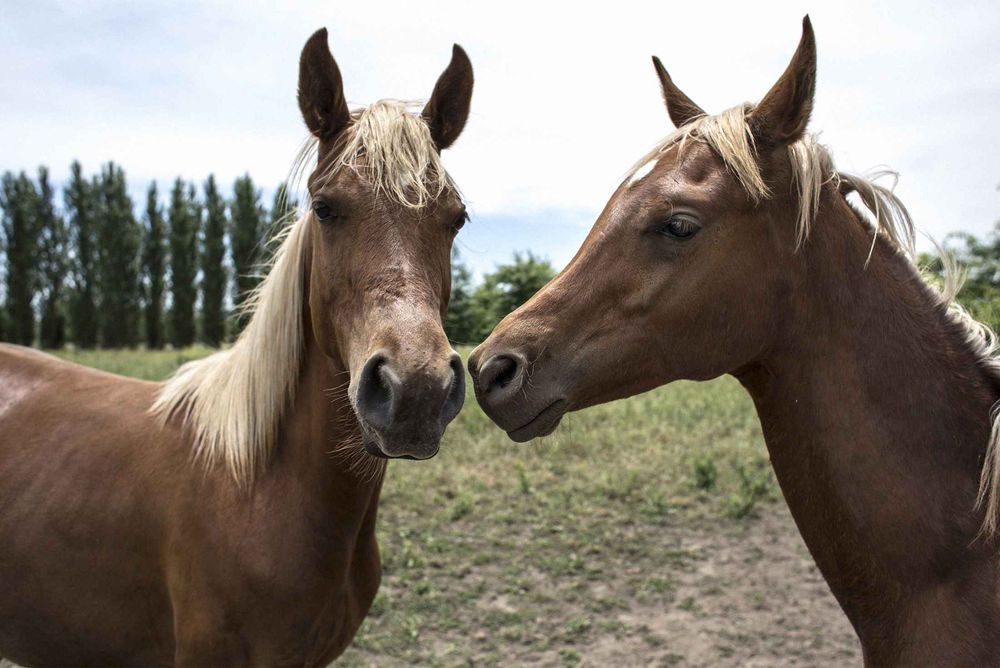

Take up one ear or tissue of chest of your horse and wrap it in sterilized cloth to refrigerate it
If you can't refrigerate then place ice cubes on the body of your horse and replace them often
Contact Sinogene as soon as possible
Horse cloning is simply a twining of a horse genetically that it does not contain any changes to the genetics of your the original. The horse cloning will not change any gene of your horse. The cloned horse will share many attributes including temperament, intelligence, and appearance. If you want us to clone your horse than initially, you need to preserve the gene of your horse through the process of Genetic Preservation. Our veterinarian will collect cell typically from the ear or chest of the donor horse. The cell will be implanted in the unfertilized egg after the removal of DNA. The embryo is then implanted into the uterus of the subrogate horse. Normal gestation period takes place before the birth of a genetic identical horse. Many horse owners around the world have already preserved their horse genes to gain reproductive services later on.
Yes, actually animal somatic cell cloning technology has been 20 years since its success. Over the past 20 years, it has been shown that many cloned species have the same lifespan as natural ones.
First of all, DO NOT FREEZE the body. Stay calm and follow the next steps:
1. Wrap the body in a wet towel and keep it refrigerated.
2. Contact us as soon as possible to learn how to collect biopsy samples.
3. Send the biopsy samples to Sinogene.
No.
Live somatic cells are used in the cloning process and it doesn't have much to do with the age of the donor pet.
However, we recommend that Cell Preservation should be done as early as possible. Since cell viability weakens along with pet age, which will decrease the success rate of pet cloning, it would be relatively easier to collect somatic cells from younger pets.
